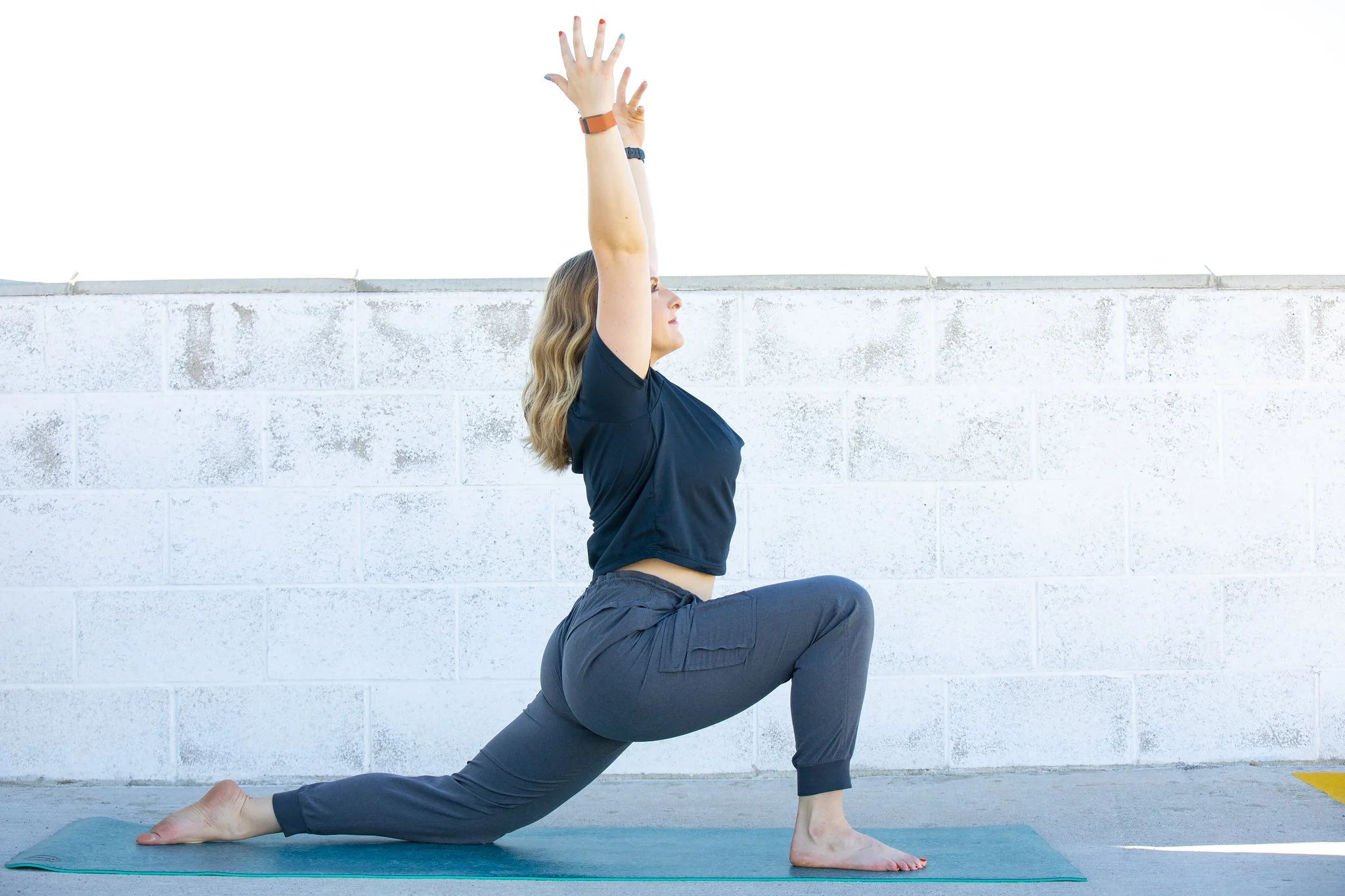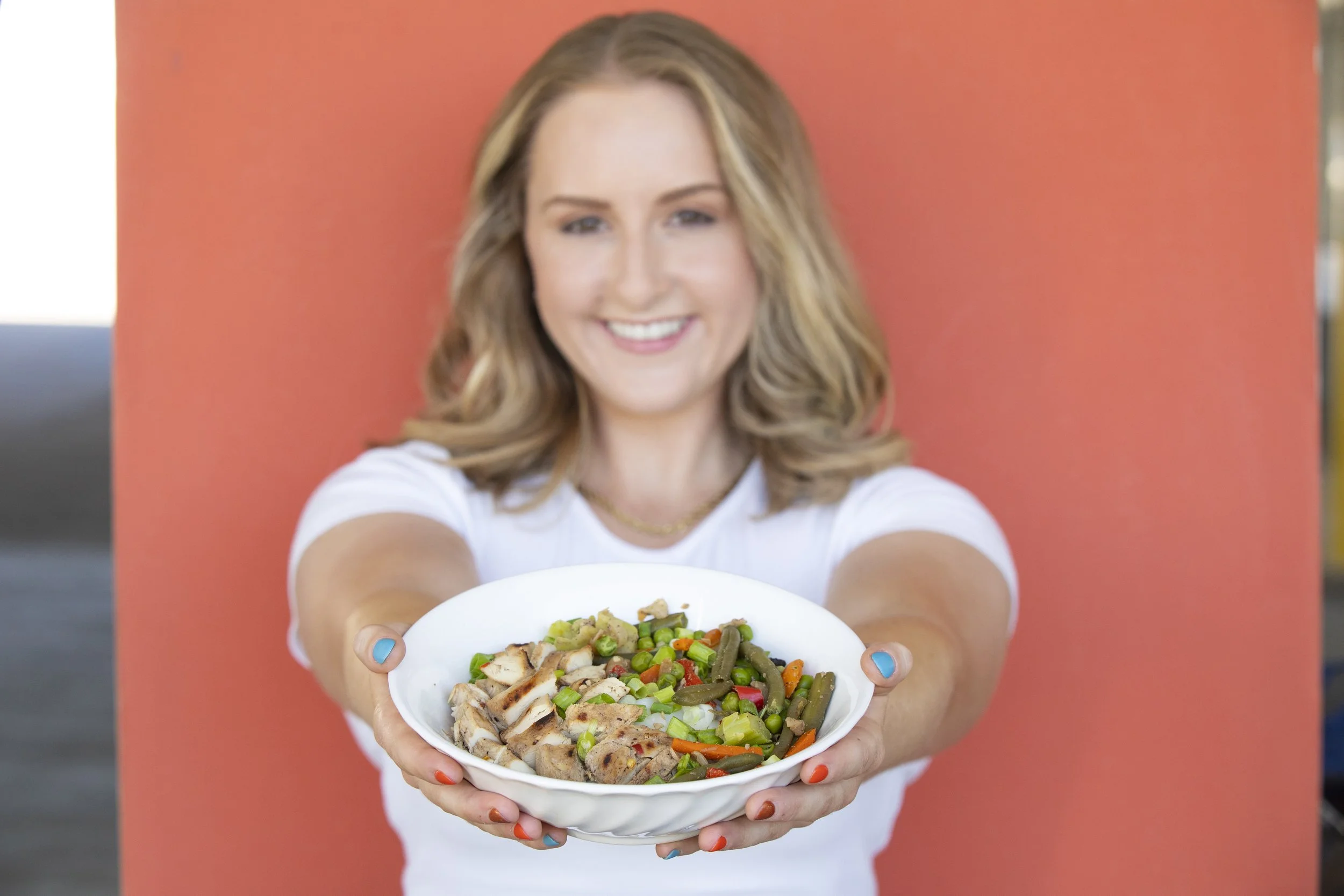Blog

Five Things I Do During the Holidays to Feel My Best
The holidays don’t have to derail your fitness. Follow these 5 simple, actionable tips to enjoy the season, stay consistent, and start 2026 stronger than ever.

12 Fitness & Nutrition Tips You Probably Didn’t Know (But Should)
The basics always work — lift consistently, eat enough protein, sleep, walk, and manage stress. But knowing the basics doesn’t mean you won’t get stuck, confused, or endlessly Googling fitness advice. These 12 uncommon tips are designed to make your training smoother, your nutrition simpler, and your results more consistent — no fluff, no gimmicks, just actionable advice you can actually use.

How to Prepare for the Holidays Without Losing Your Mind(set)
The holidays don’t have to derail your fitness and nutrition goals. I used to spiral around bread and avoid foods I loved—but now, I focus on balance, mindful eating, and movement that feels good. Discover strategies to enjoy your favorite foods, stay consistent with your workouts, and embrace a growth mindset this holiday season.

Why "Never Miss a Monday" Is Holding You Back (And What to Do Instead)
Perfection isn’t sustainable, and neither is the mindset that one missed workout ruins your entire week.
The popular mantra “Never Miss a Monday” might seem motivating, but it often traps people in an all-or-nothing mindset that leads to stress, guilt, and burnout.
Life happens: schedules change, meetings pop up, and energy levels fluctuate. Missing a Monday workout doesn’t mean your week is over. In fact, staying flexible, adjusting your plan, and focusing on consistency rather than perfection is the key to long-term success.
Learn how to ditch rigid thinking, redefine what it means to be “on track,” and embrace a more sustainable, guilt-free approach to your fitness journey.

Why You’re Stuck at the 10-Pound Dumbbells (and How Progressive Overload Changes Everything)
Always grabbing the same weights feels safe, but it’s also why you’re not seeing progress. Progressive overload isn’t about lifting heavier every single week; it’s about challenging your body strategically over time. Even small, intentional increases—or simply improving form—can get you stronger, fitter, and more confident.

Common Tracking Mistakes When Eating Out (and How to Fix Them)
Tracking macros while eating out doesn’t have to feel impossible. Most people slip up by overestimating protein, forgetting about sauces or drinks, or skipping vegetables altogether. Here’s how to avoid those mistakes and make smarter swaps so you can enjoy your meal without sabotaging progress.

Sleep, Stress, Recovery: Why I Practice What I Preach
I used to run on caffeine, stress, and the belief that recovery was optional. Spoiler: it wasn’t. I burned out, stalled my progress, and started hating the very thing I loved—training.
Now I know better. Sleep, stress, and recovery aren’t “extra.” They are the foundation of strength, muscle, and long-term health. Your nervous system, hormones, and muscles only grow when you give them the chance to reset.
That is why every single client I coach gets sleep, stress, and recovery management built in. Because it does not matter how hard you train if your recovery sucks. You will always hit a wall.

What Even is “Rate of Perceived Exertion” (RPE)?
RPE (Rate of Perceived Exertion) is a method for gauging training intensity based on effort rather than fixed percentages. Training close to failure (RPE 9-10) maximizes muscle growth and strength by recruiting the most muscle fibers. As a coach, I use RPE because it allows for auto-regulation, ensuring clients train effectively without overreliance on rigid numbers. Learning RPE takes practice, but it helps lifters develop awareness, train smarter, and make consistent progress.

